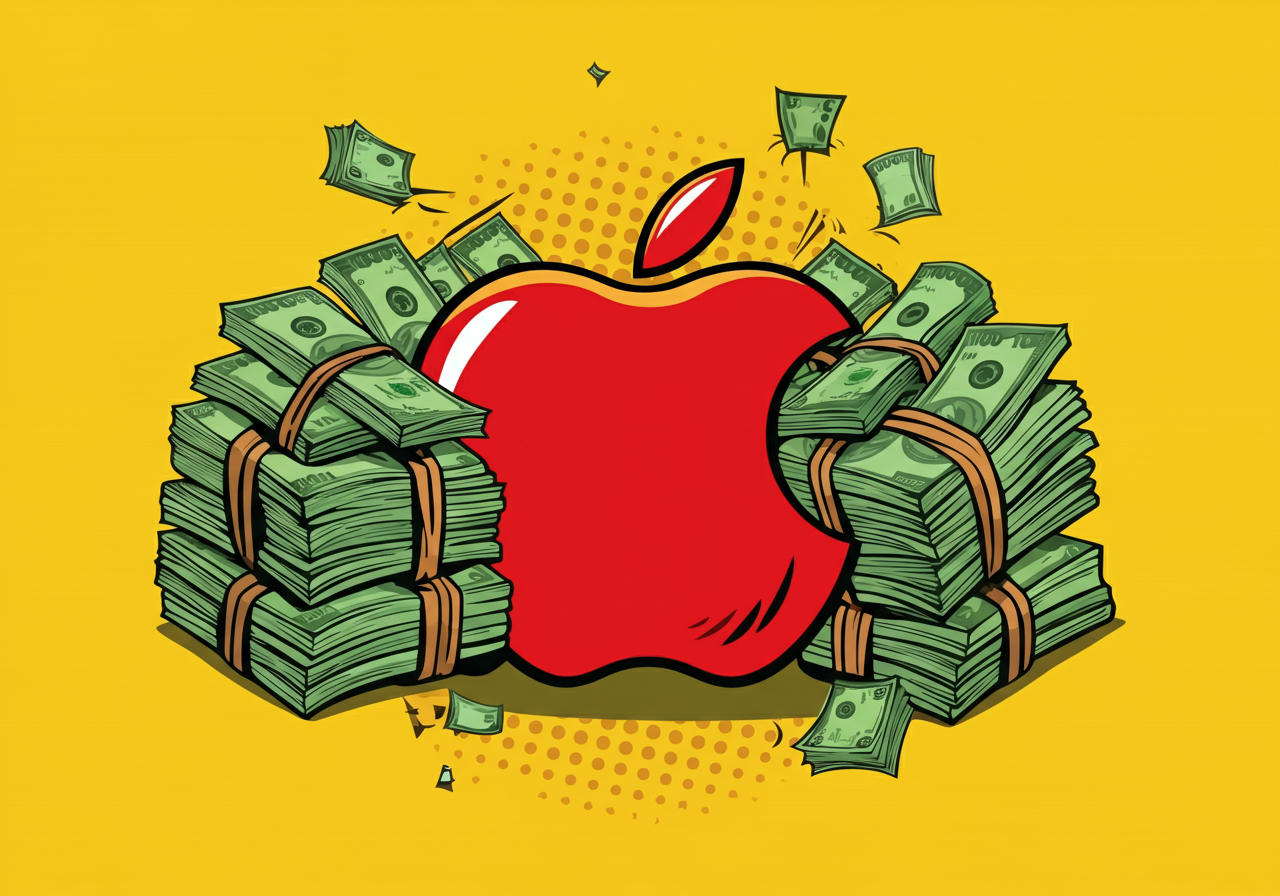OpenAI's Messy Metamorphosis

Not much new here – we know there's been a lot of turnover at OpenAI, including some very high profile folks, even more new people brought in, while the company is making a lot of money, but burning even more of it, as such, a fundraise is ongoing, with some of the biggest companies in the world, who are also partners – but a few interesting anecdotes flesh out the current state of things and seem to highlight some continued internal tensions at the startup.
Tensions, which are totally and completely normal, to hear OpenAI tell it:
“It is pretty common to see these kinds of additions — and also subtractions — but we are under such bright lights,” said Jason Kwon, OpenAI’s chief strategy officer. “Everything becomes magnified.”
I mean sure, it's true that all startups have growing pains, but it's not "common" for startups to have these types of growing pains. Most don't have boardroom coups and have to deal with the loss of nearly the entire founding team – certainly not this near to achieving breakout success. And most don't have co-founders suing them, twice. And most don't have this building tension with their main backer, at least not this early, and again, in the success state. And most don't have a main backer that is one of the largest companies in the world, which is also competing for business and breakthroughs. And most don't have that main backer hold no actual equity in the business. And most don't have the co-founder and CEO also have no equity in the business! Hell, even the boardroom movements – or non-movements – are dramatic.
One might call this all decidedly "uncommon".
Yes, it's all magnified – success does that – but this is also way more to magnify than your usual startup. Part of that is the sector – AI is seemingly driving every narrative in tech right now from startups to VC to public companies. Part of it is the swirl around Sam Altman, and yes, that history with Elon Musk. But the largest part of it all still seems to stem from the fact that the company was set up one way and is now clearly a very different company.
That's obviously what led to a lot of that early team leaving – with a number either starting competitive projects or otherwise joining competitive projects. And it's what led to the boardroom coup. The merits there still aren't fully clear, but without question, that would not have happened if OpenAI were set up as a "normal" startup. And now as they try to morph into more of a "normal" startup, perhaps in tandem with this new financing, the tensions are all boiling over.
On top of all that, it's possible that the stakes have never been higher for a startup just given the space in which it operates. With that in mind, this is mildly terrifying:
Today, OpenAI has more than 1,700 employees, and 80 percent of them started after the release of ChatGPT in November 2022.
That's 1,360 employees with less than two years of tenure at a company which started nearly nine years ago. But again, this is a very different company, now.
It's a very different company, period.






